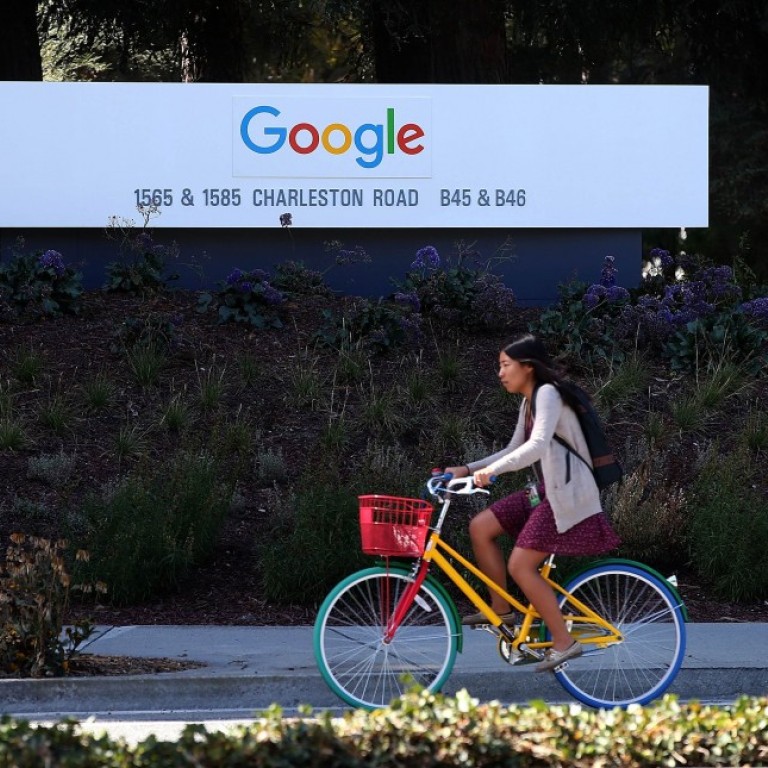
Cantopop and fast food: What McDonald's karaoke-inspired viral ad on YouTube teaches us about digital advertising
Have you seen McDonald's Hong Kong's new advert for its Big Macs on YouTube?
Inspired by Cantopop songs and dedicated to Hong Kong customers, the kareoke-like clip went viral almost instantly after its debut in July, scoring over 1 million views within just one month.
Good advertising is not just about selling products. It is as much about inspiring people as it is about content marketing and storytelling, rather than just hard selling by asking customers to buy a good or service through a print or video ad.
With Apple’s recent move to support controversial ad-blocking technology in iOS 9, its latest mobile operating system, opportunities to access inspiring ads like McDonald’s recent effort – often embedded mid-article online - will shrink.
Some online readers may support Apple’s move to help block ads to avoid disruptions, but others will see it as a threat to both digital advertising and media business.
According to recent research by investment bank UBS, ad-blocking moves like this cost the global advertising industry US$1 billion.
Consultancy PageFair suggests it could eventually cost the industry over 20 times this much, and a recent report by Adobe more or less concurs.
Just this week, a new ad-blocking app called “Been Choice” was approved by Apple for launch on its App Store for iPhone users to download.
It claims to block various types of ads, including those embedded in Facebook apps or on other popular news apps provided by mainstream media organisations such as The New York Times and CNN.
This has caused controversy and spurred much discussion among internet users as well as advertising and media business leaders.
Is this extreme measure really necessary? Without advertising, what other desirable monetisation model exists for the online publishing business?
For some, the answer is simply to focus more on boosting digital subscriptions, but this also has its limits in terms of supporting revenue growth.
I remember a slogan the Financial Times once used to draw online subscribers: “Good journalism needs investment.”
How true this is. High-quality journalism inevitably comes at a cost. It was never meant to be enjoyed for free. People often say that content is king. But how can the “king” be not paid for bringing information to billions of readers every day?
However, while digital advertising can help lower subscription fees for readers, we must beware the growth of “bad ads” and even online scams. The solution would seem to be to separate the wheat from the chaff and weed out the so-called “bad actors” – as opposed to firing the entire cast.
“It’s a vital part of keeping our ads ecosystem clean,” added the post, which was released in February, months before the ad-blocking controversy erupted.
“It’s not about (having) data or (protecting) privacy,” he said in June.
“It’s about how you find the right balance on data and privacy, and what the limit is for you to do with data, when and how you collect, and how long you keep data, and the transmission of data.”
Perhaps the same logic could be applied to the argument about blocking all ads on mobile platforms.
(George Chen is managing editor of SCMP International Edition)

